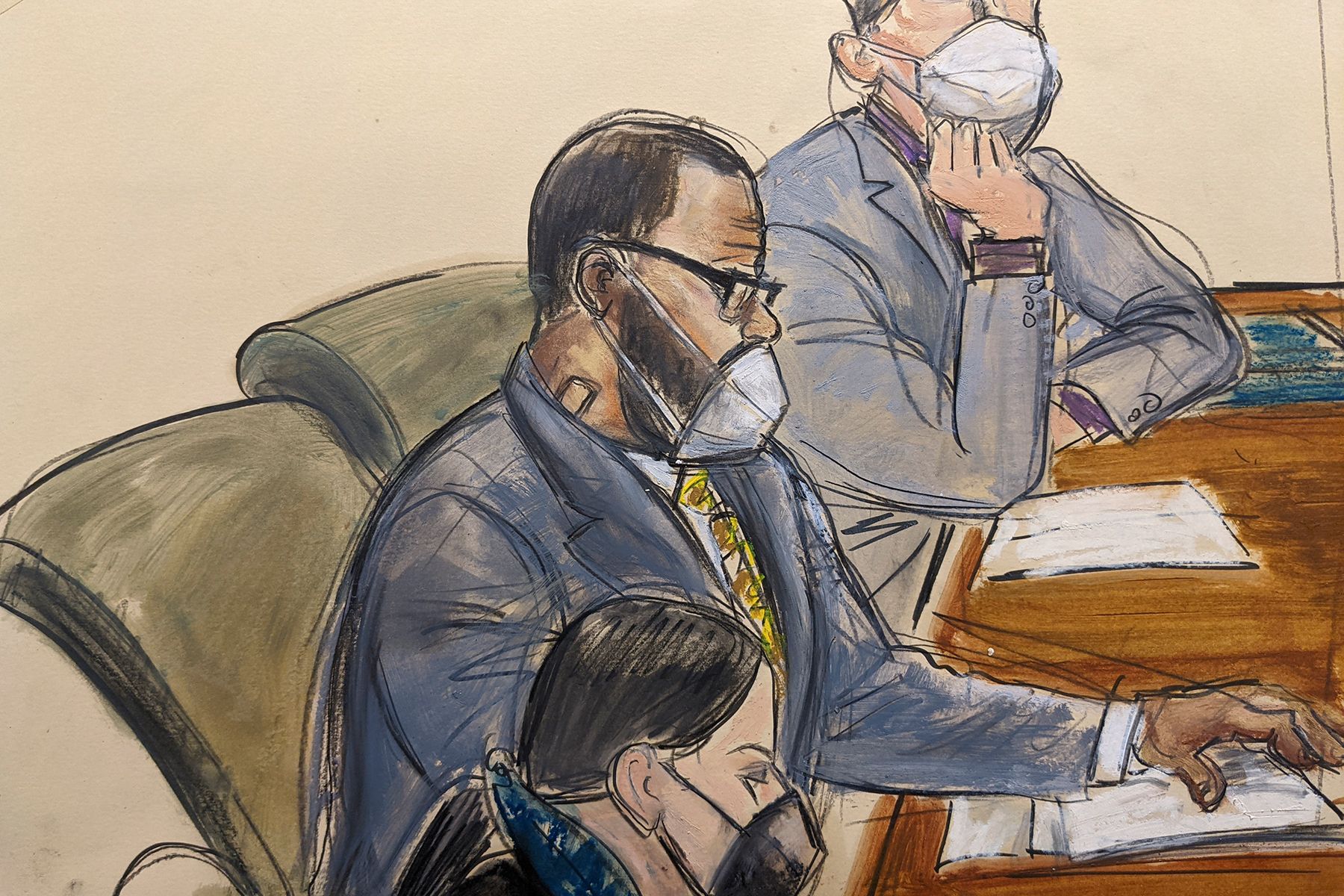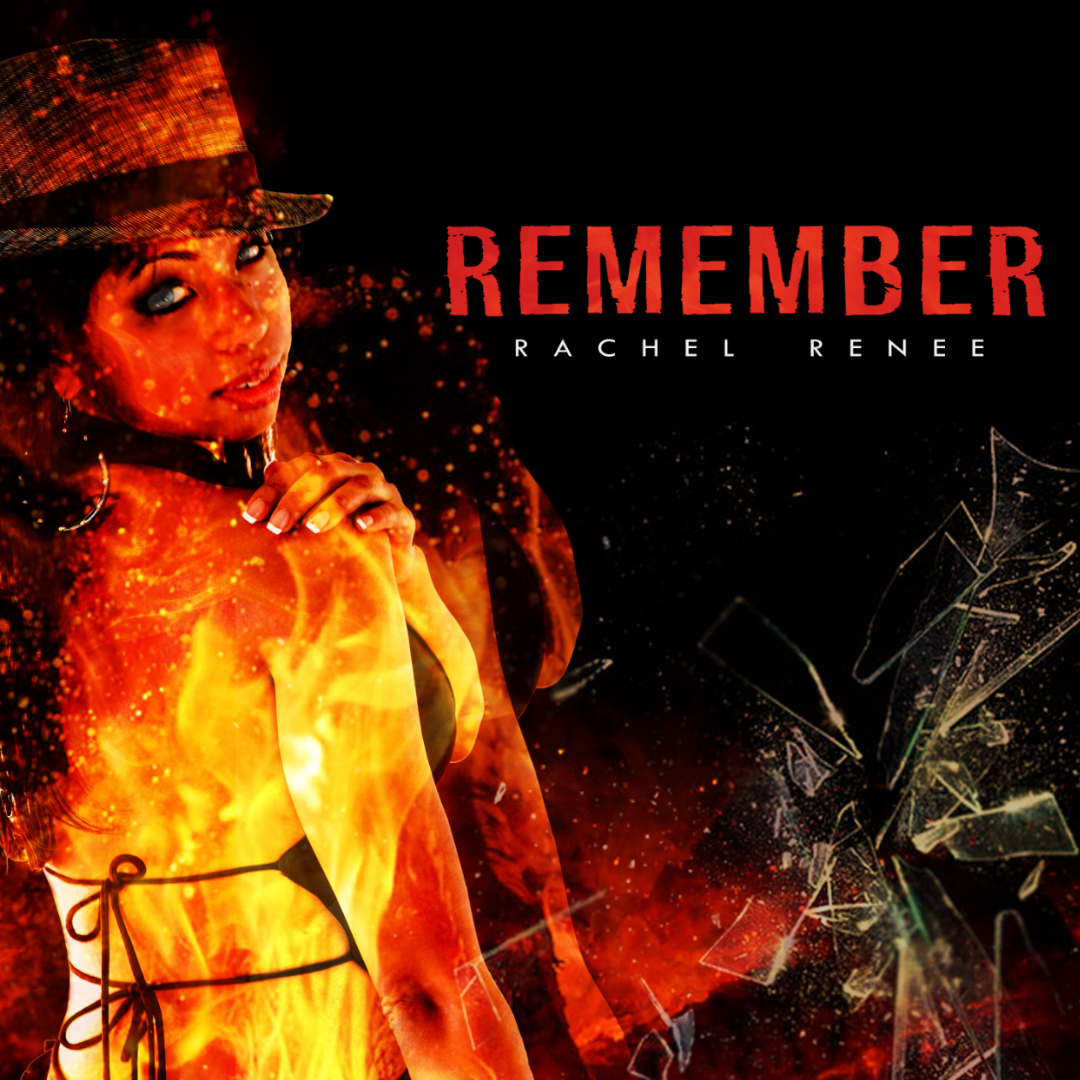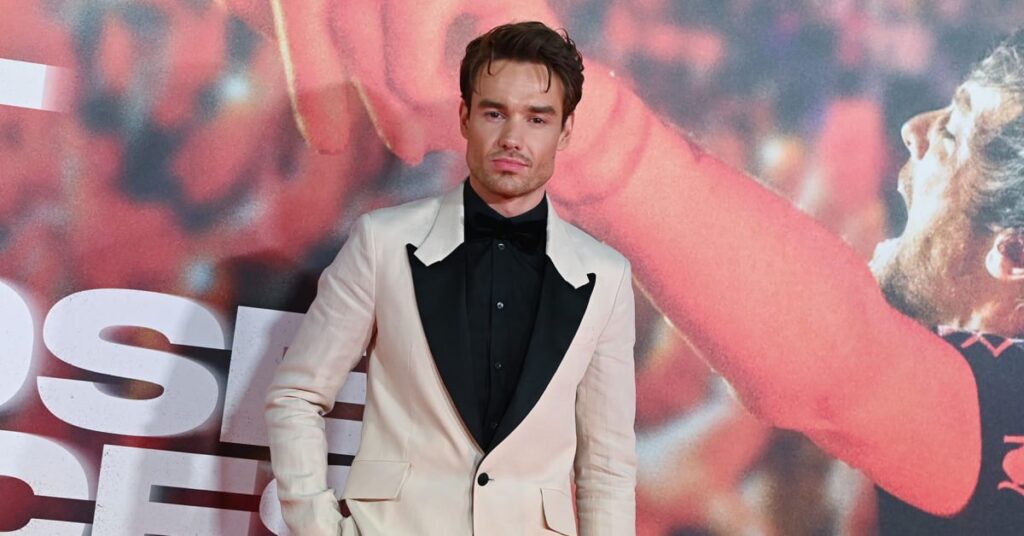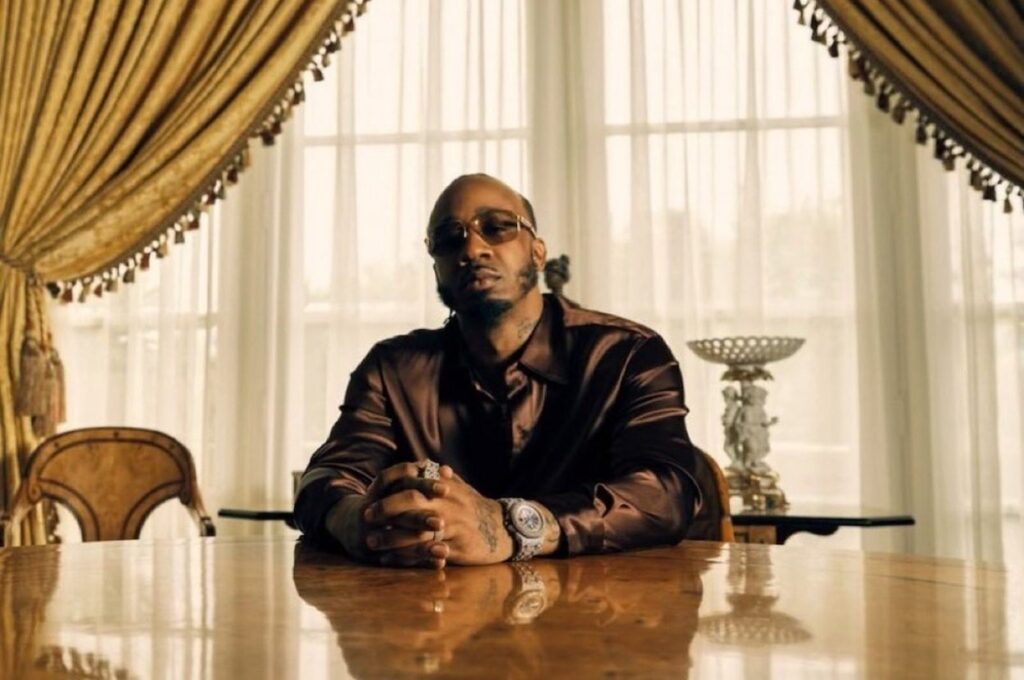
R. Kelly’s Trial Defense Opens With Two Witnesses Vouching for Singer’s Behavior
By the time the prosecution rested its case against R. Kelly on Monday, it had presented a formidable body of evidence against the disgraced singer: A woman testified that Kelly trapped her in his studio and raped her; a former backup dancer said she saw the singer perform oral sex on an underaged Aaliayh; another man said he had been abused by Kelly when he was 17. The prosecution presented more than 40 witnesses in total, including 11 victims of alleged abuse, six of whom claimed they were underage at the time the abuse is said to have taken place.
Kelly, who is facing charges of racketeering, sexual exploitation of a child, and kidnapping, among other things, has denied all accusations against him. But his defense team appeared unsure how to follow the prosecution on Monday, and at times seemed inadequately prepared.
The prosecution started the morning by complaining that the defense had scrapped a list of likely Monday witnesses at the last minute on Sunday evening, causing Judge Ann Donnelly to chide Kelly’s legal team. (“It disappoints me that you waited so long” to furnish a list of names, she said.) Instead, the defense said it would call in three new witnesses — giving no indication that Kelly would take the stand at any point — but even that effort fell short. After the lunch break on Monday, the singer’s team noted that the third witness was not in town, and they were still in the process of “diligently searching for funds” to bring that person to New York.
The defense’s primary strategy, to the extent it can be determined from interrogating just two witnesses, revolved around calling for testimony from any of Kelly’s former collaborators or employees who can vouch for the singer’s behavior as above-board, even gentlemanly. The two defense witnesses on Monday both said they have known Kelly for more than a decade and that they had never seen the singer commit a litany of accused abuses — from locking women in bedrooms to denying them food to hitting them — during that time.
Since these men insisted that they hadn’t observed any abuse, the prosecution worked to show how limited their sight-lines were, how many moments they might not have been with Kelly in the studio, on the tour bus, or back at one of his residences. This was part of a larger effort to undermine the trustworthiness of the witnesses — prosecutors tried to paint one as a criminal and the other as someone whose career was dependent on the singer’s support.
The first witness, an aspiring artist named Dhanai Ramnanan aka Da-Ni who met Kelly at an Albuquerque mall in the mid-2000s and worked with him on-and-off for more than 15 years, described the singer as “a mentor to me, and a good friend.” Responding to questioning, he said that Kelly always “opened doors for women” and “stood up for [them] when they entered the room.” Ramnanan also noted that Kelly’s girlfriends acted “just like the rest of us,” and when they went to restaurants in large groups, the women would “get to sit down first, order first, eat first,” a situation he likened to “chivalry, basically.”
The second witness went further back with Kelly — Larry Hood, a former bodyguard and member of the Chicago Police Department, knew the singer back in grammar school — but had worked with him over a shorter period of time. He provided security for Kelly in the first half of the Nineties and was present when the singer first met Aaliyah in Detroit. Hood later returned for a second tour from 2002 to 2004, at which point he said he was informed that Kelly could no longer afford to keep him on the payroll.
Hood was more laconic that Ramnanan, and perhaps slightly more authoritative. Not only did the former bodyguard say that he had never witnessed Kelly commit any inappropriate behavior, Hood said that his job as a policeman would have compelled him to act if he had seen anything abusive take place.
Ramnanan spoke in the vague generalities favored by musicians — on not one but two distinct occasions, he described his job with Kelly as “to observe, and learn, and to become” — which made him particularly vulnerable to cross-examination. Ramnanan met Kelly at the mall, but he didn’t remember the year. He toured with Kelly, but couldn’t remember the names of any tours. He worked with Kelly in the studio, but the music never came out. (The defense asked the judge to play some of Ramnanan’s tunes in the courtroom, a request that she promptly, almost forcefully, denied.)
Since Ramnanan was consistently fuzzy when it came to recalling specific details, that made it relatively easy for the prosecution to shoot holes in his testimony. When the witness maintained he was always with Kelly on the road, the prosecution presented three different photos of the singer with women on a tour bus and asked Ramnanan to find himself in the picture. Each time, he was not present. Was Ramnanan with Kelly every second in the studio? The aspiring artist allowed that “he had to go use the bathroom.” “I assume you slept,” the prosecution added.
The prosecution also worked to show that Ramnanan’s aspirations for commercial success as an artist under Kelly’s wing made him dependent on currying the singer’s favor for years, asking repeatedly, “Did you want to stay on his good side?”
Hood’s cross-examination moved more swiftly, and it hinged on the revelation by the prosecution that the former cop — he now sells cars — had a felony forgery conviction. Just as Hood claimed he was unaware of Kelly’s marriage with Aaliyah when she was underaged, he also claimed he was unaware that he was throwing around counterfeit $100 bills in 2007. The prosecution left this point for the end of the cross-examination but slammed it home, making sure the jury knew that Hood pleaded guilty to the felony charge even as he testified in court on Monday that he did not know the money was fake.
After Kelly’s legal team announced that its third witness was still in the wind, the defense’s first day ended much as it started. “We again request a list of the witnesses the defense is gonna call for tomorrow and Wednesday,” the prosecution said. Judge Donnelly appeared surprised that this list was still forthcoming. Turning to the defense, she asked, “haven’t we already settled that?”




